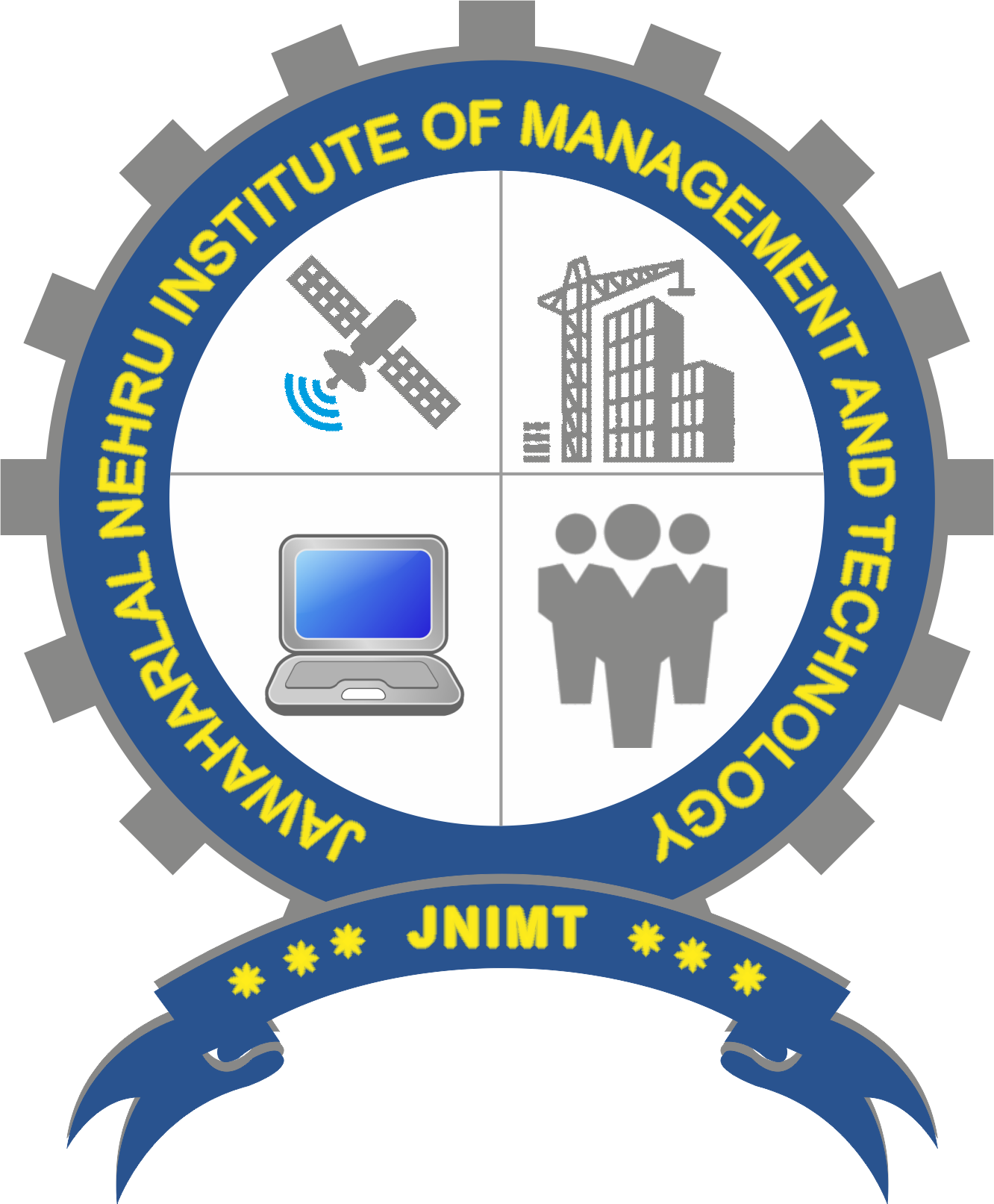FEATURES OF AUTONOMOUS INSTITUTIONS
Highlighting the importance of Autonomous Institutions, the UGC document on the XI Plan profile of higher education in India clearly states that:
“The only safe and better way to improve the quality of undergraduate
education is to the link most of the Institutions of rom the affiliating structure. Institutions with academic and operative freedom are doing better and have more Credibility. The financial support to such Institutions boosts the concept of autonomy.”
Need for Autonomy
Institutions that have the potential for offering programmes of a higher standard do not have the freedom to offer them. The 1964- 66 Education Commission pointed out that the exercise of academic freedom by teachers is a crucial requirement for development of the intellectual climate of our country. Unless such a climate prevails, it is difficult to achieve excellence in our higher education system. With students,
teachers and management being co-partners in raising the quality of higher education, it is
imperative that they share a major responsibility. Hence, the Education Commission ( 1964-66) r e c o m m e n d e d autonomy, which, in essence, is the instrument for promoting academic excellence.
Objectives
The National Policy on Education (1986-92) formulated the following objectives for autonomous institution. An autonomous institution will have the freedom to:
- Determine and prescribe its own courses of study and syllabi, and restructure and redesign the courses to suit local needs;
- Prescribe rules for admission in consonance with the reservation policy of
the state government; - Evolve methods of assessment of students performance, the conduct of
examinations and notification of results; - Use modern tools of educational technology to achieve higher standards and
greater creativity; and - Promote healthy practices such as community service, extension activities,
- projects for the benefit of the society at large, neighbourhood programmes,
etc.
Special features of an autonomous institution
An autonomous institution is free to start diploma (undergraduate and postgraduate) or certificate courses without the prior approval of the university.
Diplomas and certificates shall be issued under the seal of the institution
An autonomous institution is free to start a new degree or postgraduate course with the approval of the Academic Council of the Institution. An autonomous Institution may rename the existing course after restructuring/redesigning it with the approval of the Academic Council.
Examination System in Autonomous Institutions Students’ performance is examined internally and externally. Continuous assessment and range of assessment options. To ensure fairness and justice to students, various alternatives are
adopted in the examination system.
Role of Office of Controller of Examinations
The Exam Committee is responsible for the smooth conduct of the Semester
examinations, submission of assignments, and additional examinations. All matters involving the conduct of Examinations, spot valuations, tabulations, preparation of Grade Cards etc. fall within the duties of the Office of the Controller of Examinations.
Declaration of results
The grades that are tabulated by the Controller of Examination is reviewed by the Moderation Committee. Any deviation and discrepancies are deliberated and removed. The entire result is discussed in the Academic Evaluation Committee (AEC) for its approval. The result is declared in the website.
Statutory Committees Non-statutory committees
1. Board of Governors (BOG) 1. Departmental Academic Committee
2. Academic Council 2. Grievance Redressed Committee
3. Finance Committee 3. Research and Development Committee
4. Board of Studies 4. Administrative Quality Circle
5. Controller of Examinations 5. Planning & Evaluation Committee
6. Academic Audit Committee
Eligibility of Autonomous Institutions to offer Short Term Courses
The autonomous institution can offer special need based short term courses under the departments of the institution for the benefit of the students and outsiders can also enroll for them.
Checking the Standard of Autonomous Institutions There has to be a built in mechanism in the autonomous institution working for this purpose. An Internal Committee called Academic Evaluation Committee (AEC) is a NonStatutory
body, will keep a watch on the academics and keep its reports and ecommendations
every year.
Benefit to the Students and Teachers of Autonomous Institutions An autonomous institution carries a prestigious image for the students and the
teachers.Autonomyreflects efforts for excellence in academic performances, capability of selfgovernance and enhancement in the quality of education.


